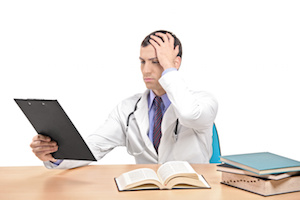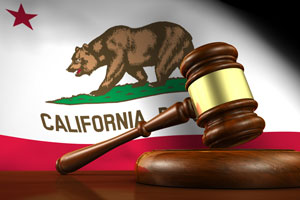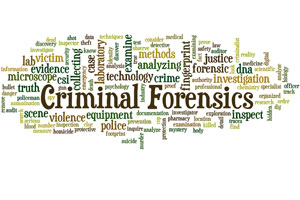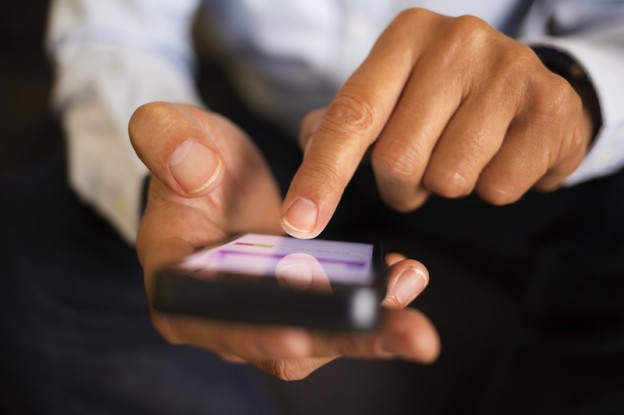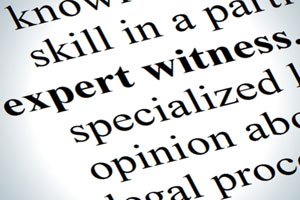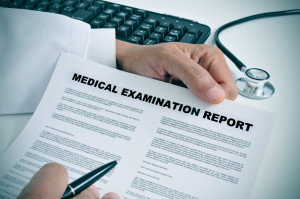As the COVID-19 pandemic continues to take lives, courts have been cautious about protecting trial participants from the risk of infection. Many trials have been delayed. When a criminal defendant is detained while awaiting trial, however, judges must weigh the defendant’s right to a speedy trial against the dangers of holding a trial.
Criminal trials are moving forward in many jurisdictions. Courtrooms have been reconfigured to allow mask-wearing jurors to practice social distancing. The number of observers allowed in the courtroom is typically limited. Yet problems arise when witnesses are unwilling to risk an infection by traveling during the pandemic.
Remote Testimony
In civil cases, many courts have permitted remote testimony of witnesses. In some instances, the testimony is taken in the form of a videotaped deposition prior to trial that is then played to the jury. In other cases, witnesses give live testimony through videoconferencing technology.
Remote testimony can be frustrating for a number of reasons. Low bandwidth can cause the audio or video feed of live testimony to freeze, interrupting the flow of direct or cross-examination. It is also more difficult for juries to assess the credibility of a witness on a television screen than a witness who is testifying from the witness chair.
Confrontation Clause Issues
Constitutional considerations come into play when remote testimony is requested in criminal cases. For example, suppose the prosecution wants to call a crime lab analyst as an expert witness. If the analyst has a health condition that increases the expert’s vulnerability an infection, the expert might ask to testify remotely. A court will likely be forced to deny that request.
In Crawford v. Washington, the Supreme Court held that the Confrontation Clause allows a defendant to insist that testimony be given in person. In Melendez-Diaz v. Massachusetts, the Court held that the results of forensic testing cannot be introduced in the form of a report unless an expert witness gives live testimony about the results.
The Supreme Court has not decided whether and when live testimony given from a remote location satisfies the Confrontation Clause. However, the Court decided in Coy v. Iowa that child witnesses could not be permitted to sit behind a screen while testifying because the Confrontation Clause demands face-to-face cross-examination. Although a later case carved out a narrow exception that permits a child witness to be shielded from the defendant while testifying in person, that exception applies only when a child witness would be traumatized by exposure to the accused.
When the prosecution wants to call an expert witness, the decisions in Crawford and Coy suggest that the witness will need to testify in person unless the defendant agrees to remote testimony. Expert witnesses are not children who will be traumatized by testifying in the defendant’s presence. The Confrontation Clause arguably gives defendants the right to look experts in the eye while the expert testifies.
Lower courts are nevertheless divided as to whether remote testimony in criminal cases is permissible under at least some circumstances. Courts generally agree that only circumstances implicating important policies would permit a prosecution witness to testify outside the presence of a defendant. Some courts have been willing to find that any circumstance more compelling than convenience can serve as an “important policy,” including protecting the health of a seriously ill witness.
The risk of a COVID-19 infection affects everyone who enters the courtroom, including the defendant. Since a prosecution expert will not usually be at greater risk than anyone else, it should be rare that a court will allow a prosecution expert to give remote testimony. Whether the rule is different for a defense expert witness was an issue that recently came before a judge in Yolo County, California.
Defense Expert Refuses to Testify in Person
Keith Whelan is charged in Yolo County Superior Court with multiple counts of having sex with a minor. The alleged victim reported in 2019 that the sexual contact had occurred regularly since 2016.
Whelan’s public defender asked to call two witnesses remotely. One was a social worker who had contact with the alleged victim after she made her allegations. The social worker lived in New York and did not want to travel to California to testify.
The public defender also wanted to call William O’Donohue from the University of Nevada as an expert witness. O’Donohue’s testimony was needed to respond to the anticipated testimony of Blake Carmichael, a prosecution expert who is expected to testify about child sexual abuse accommodation syndrome. O’Donohue has published research that criticizes the controversial syndrome as “junk science.”
O’Donohue advised the defense that he was willing to testify by Zoom but would not travel to testify in person. O’Donohue noted that he is an older man at high risk of becoming seriously ill if he is exposed to the novel coronavirus. O’Donohue also takes care of his developmentally delayed daughter and was concerned that travel would interfere with his parental responsibilities.
The judge initially noted that he had rejected the prosecution’s request for remote testimony in a different case, in part to avoid violating the Confrontation Clause. But the Confrontation Clause protects defendants, not the government.
The prosecutor argued that O’Donohue had provided an 80-page expert report and expressed concern about the ability to cross-examine him effectively over Zoom, given the anticipated length of his testimony. The judge expressed sympathy for that position, advising the public defender that while the court could be “accommodating to him given his age, we are socially distancing and we are all masking, all jurors, lawyers, and staff.”
Court’s Ruling
The judge asked the defense to file a formal motion and delayed making a final decision until a subsequent hearing. When court next convened, the prosecutor renewed her objection, claiming that “it will be impossible for the People to conduct cross-examination in a fair way to preserve our right to a fair trial and our right to due process.”
The prosecutor may have been confused. The Constitution protects the right to due process when a person’s life, liberty, or property may be taken by the government. The Constitution was designed to protect individuals from the government, not to protect the government from defense attorneys. The defendant’s constitutional right to a fair trial must always trump the government’s interest in a fair trial.
While continuing to express reservations, the judge made a conditional ruling that O’Donohue should be allowed to testify remotely. The judge recognized the importance of having a defense expert who could counter testimony given by the prosecution expert. Given the limited pool of experts and O’Donohue’s legitimate concerns about traveling during a pandemic, the court concluded that Whelan should be entitled to benefit from remote testimony.
The court left open the door for requiring in-person testimony if technical obstacles to remote testimony cannot be overcome. The court instructed the lawyers to contact the IT departments in their respective offices to determine whether the prosecution’s complaints about the limitations of Zoom can be overcome.
Perhaps using software that is specifically designed for courtroom video testimony would be a better option. The judge might also want to become familiar with best practices for using video conferencing in the courtroom. In any event, obstacles that can be overcome with even modest success should not prevent the defense from offering critical expert testimony in a criminal prosecution.



